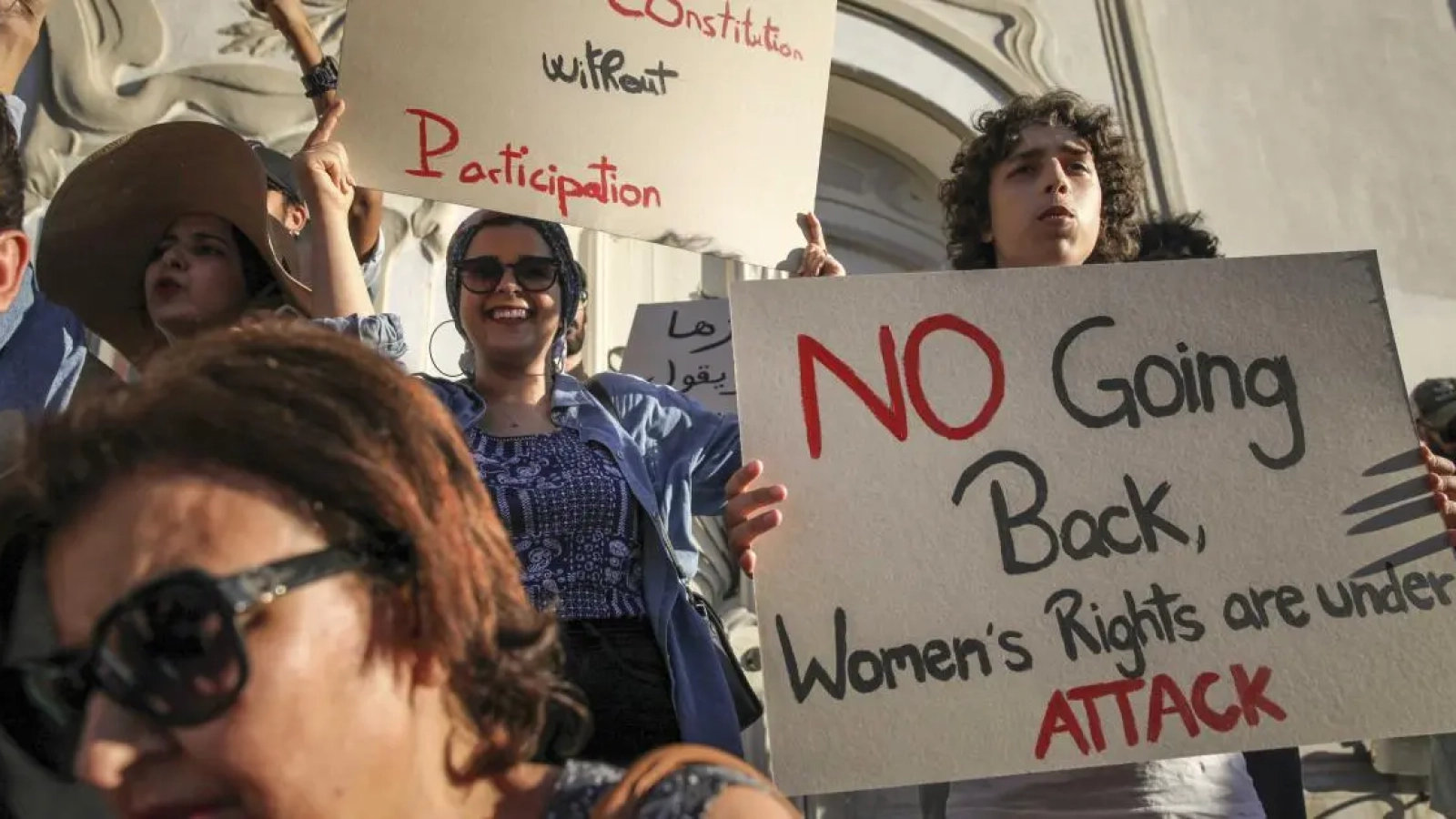Why Gender-Sensitive Reforms Are Crucial
In Tunisia, women represent only 3.3% of the prison population, yet they face disproportionate challenges during and after incarceration. Overcrowding, inadequate healthcare, and a lack of effective rehabilitation programs exacerbate their struggles, creating cycles of marginalization and recidivism. The Gender Impact Assessment (GIA) highlights these issues, offering actionable solutions to safeguard incarcerated women’s rights and support their reintegration into society.
This article delves into the structural barriers Tunisian women in prison face, analyzes the legislative gaps, and presents practical recommendations that align with international standards.
The Raison d’être: Why Focus on Women in Prisons?
Unique Vulnerabilities Women in prisons endure distinct challenges, such as:
- Dual stigmatization: Incarcerated women often face societal rejection due to both their gender and criminal record.
- Inadequate healthcare: Facilities like Manouba Prison suffer from extreme overcrowding (113%) and inadequate health personnel, with just one doctor and one gynecologist serving hundreds of inmates.
- Economic challenges: Post-release, 69% of women identify societal stigma as a primary barrier to reintegration.
International Standards as a Benchmark The Nelson Mandela Rules and the Bangkok Rules emphasize gender-sensitive approaches to incarceration. These include access to comprehensive healthcare, equitable vocational training, and support systems tailored to women’s unique needs. However, Tunisia’s existing policies fall short of these standards.
Challenges Women Face: During and Post-Incarceration
1. Healthcare Deficiencies
- 71% of women in Manouba Prison report anxiety, while 61% experience depression. Only 12.9% receive psychological care, far below international standards.
- Specialized services like prenatal and postnatal care are severely lacking, putting pregnant women and their children at risk.
2. Legislative Gaps
- Current vocational programs are misaligned with market needs, pushing women toward low-paying, gender-stereotyped roles like sewing and cooking.
- Policies like Law No. 58-2008 allow mothers to stay with their children for only one year, despite evidence suggesting that children benefit from maternal presence until at least age seven.
3. Reintegration Barriers Post-release, women encounter:
- Difficulty securing housing (37% report homelessness).
- Limited job opportunities due to stigma and gender biases.
- Strained family relationships, often irreparably damaged during incarceration.
Recommendations: A Holistic Roadmap for Reform
To address these challenges, Tunisia must adopt a two-pronged approach: legislative enhancements and community-based interventions.
Legislative Enhancements
- Mandatory Health Staffing Ratios: Enforce minimum healthcare staff-to-inmate ratios, ensuring access to mental health, gynecological, and pediatric care.
- Alternative Sentencing: Implement non-custodial measures like community service for non-violent female offenders, prioritizing primary caregivers.
- Parental Rights Protections: Extend visitation rights and ensure policies support family cohesion during and after incarceration.
- Gender-Sensitive Rehabilitation Programs: Align vocational training with market demands, enabling women to secure stable, meaningful employment post-release.
Community-Based Interventions
- Peer-Support Networks: Establish safe spaces where formerly incarcerated women can share experiences, reducing isolation and fostering resilience.
- Skill Development Programs: Partner with businesses to provide gender-sensitive job training and mentorship programs that equip women with marketable skills.
- Public Advocacy Campaigns: Launch initiatives to challenge societal stigma and promote success stories of reintegrated women.
- Technology for Reintegration: Leverage AI-driven platforms to match ex-detainees with job opportunities, mentorship programs, and support networks.
Conclusion: A Call to Action
The challenges faced by incarcerated women in Tunisia highlight the urgent need for gender-sensitive reforms. By addressing legislative gaps, enhancing healthcare, and fostering community-based support systems, Tunisia can align its prison system with international standards and promote successful reintegration.
The journey toward reform is not just about improving conditions within prisons; it is about dismantling systemic barriers and creating pathways for women to rebuild their lives. Tunisia’s commitment to these changes can set a precedent for the region, proving that justice and equity are not mutually exclusive but mutually reinforcing.

